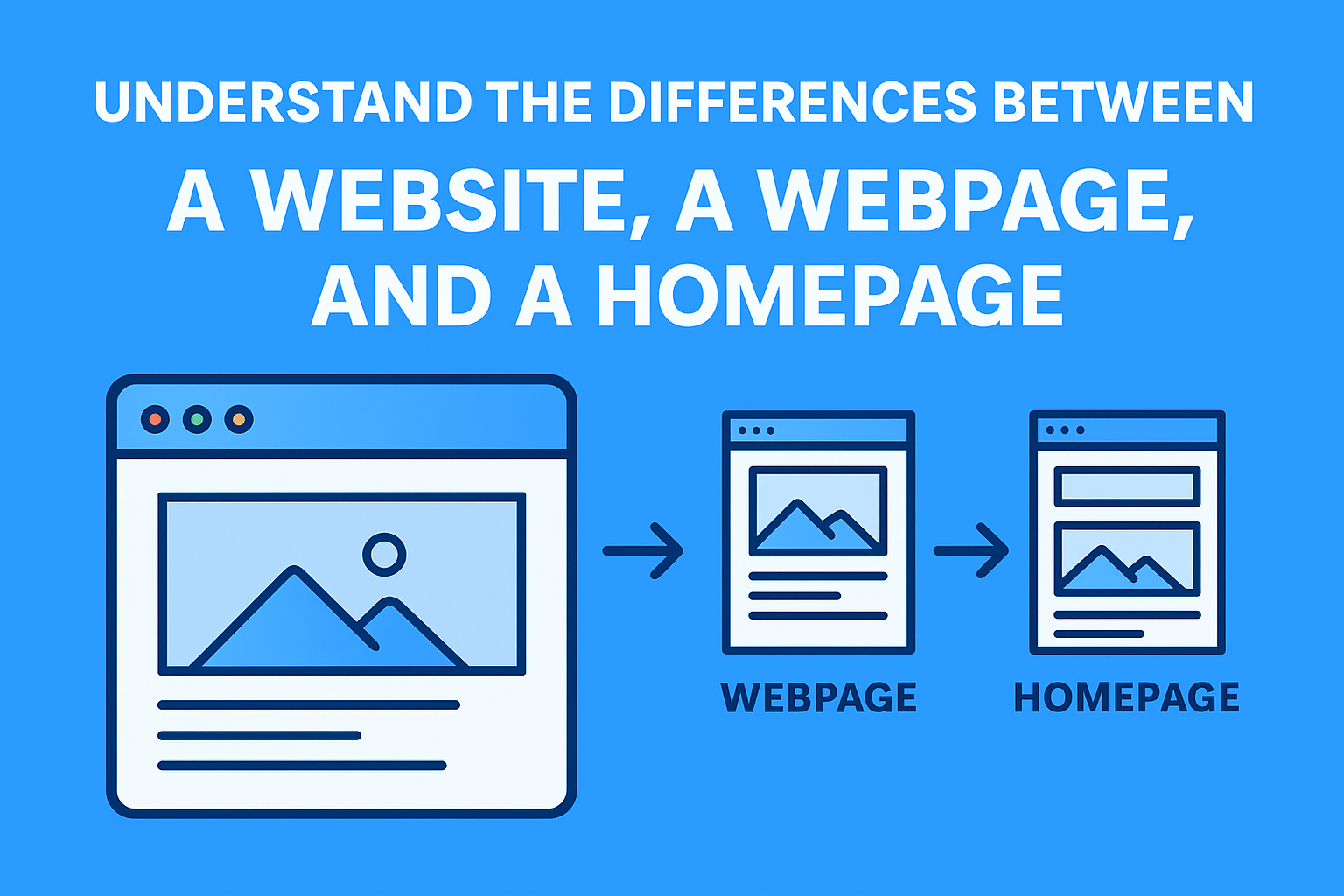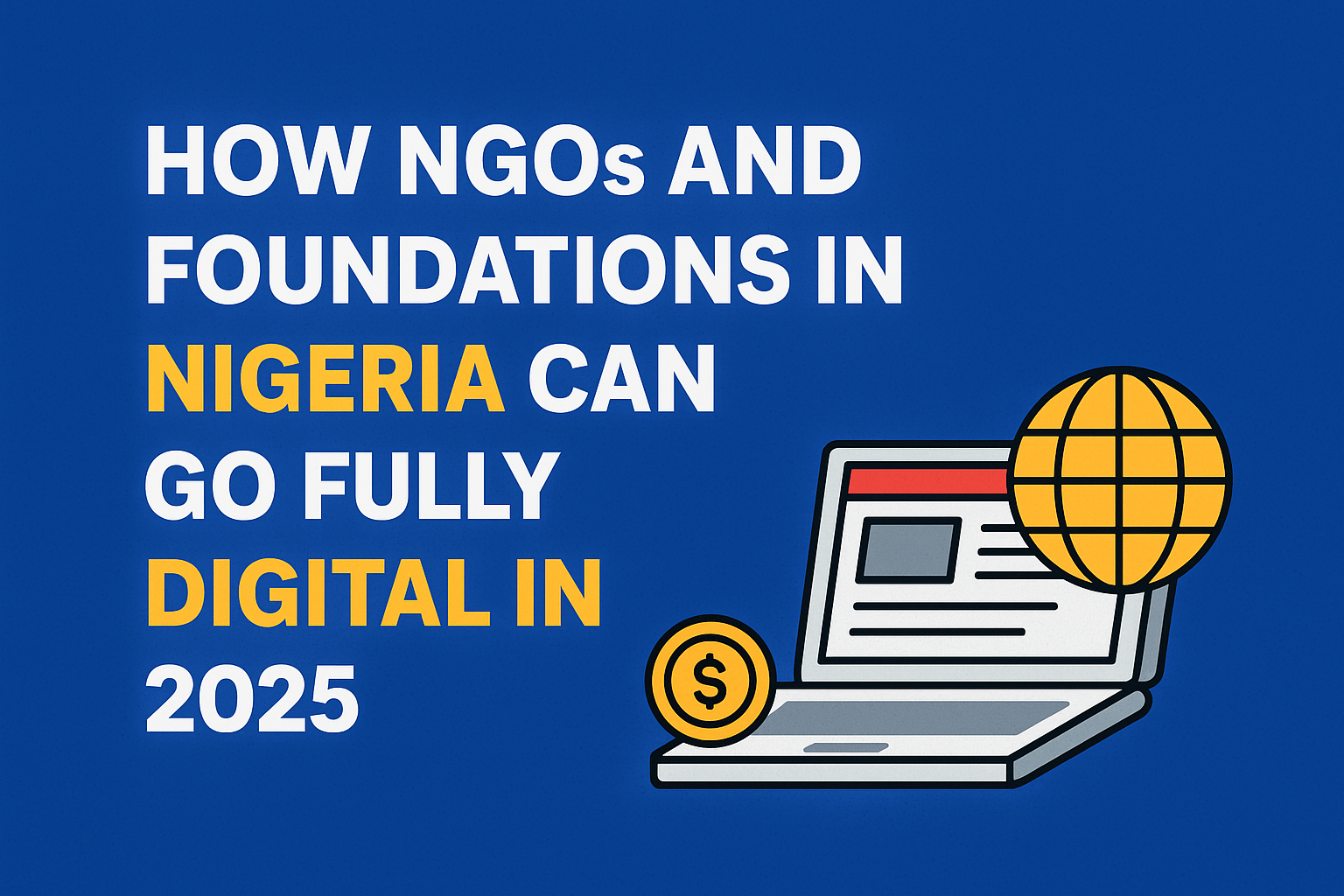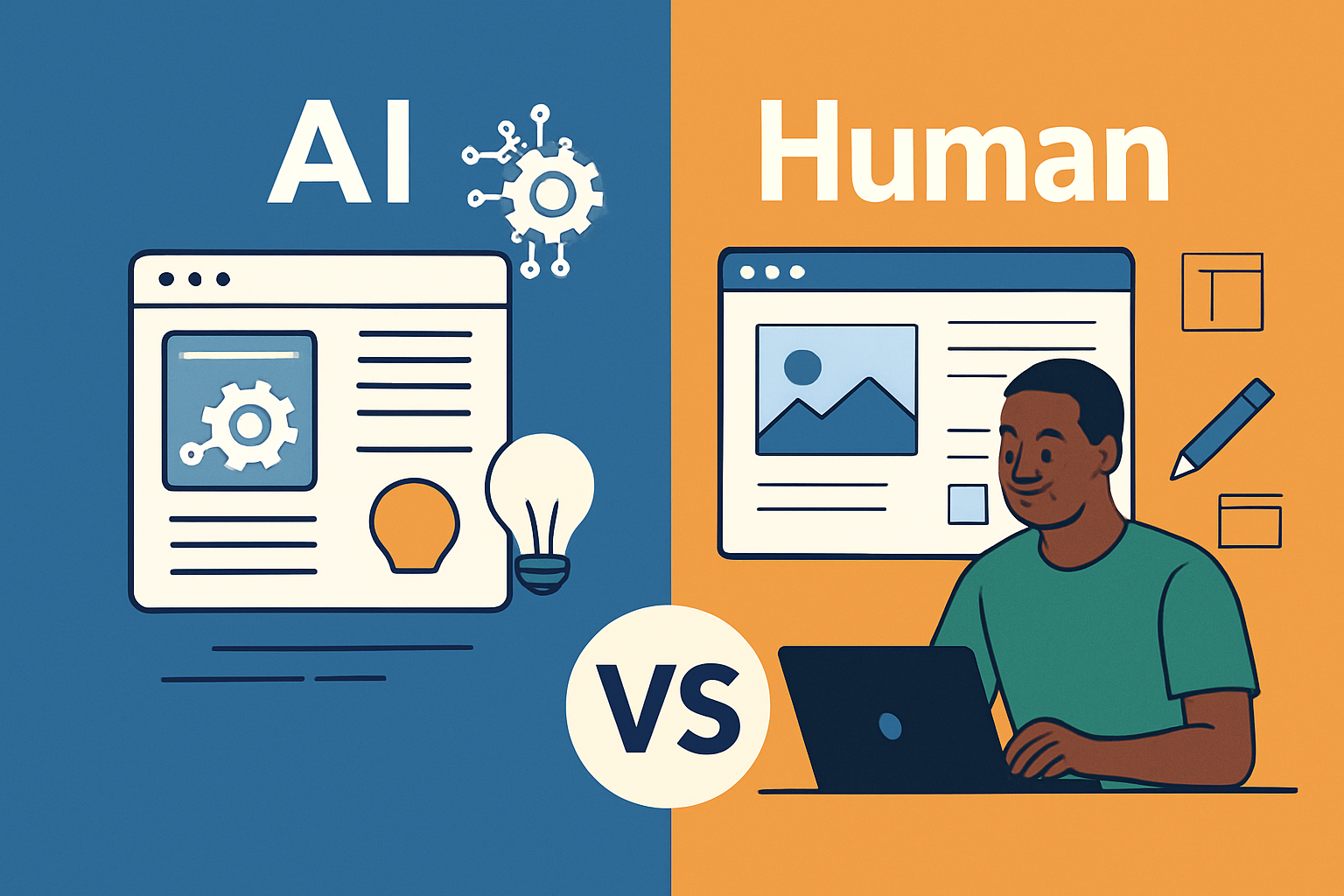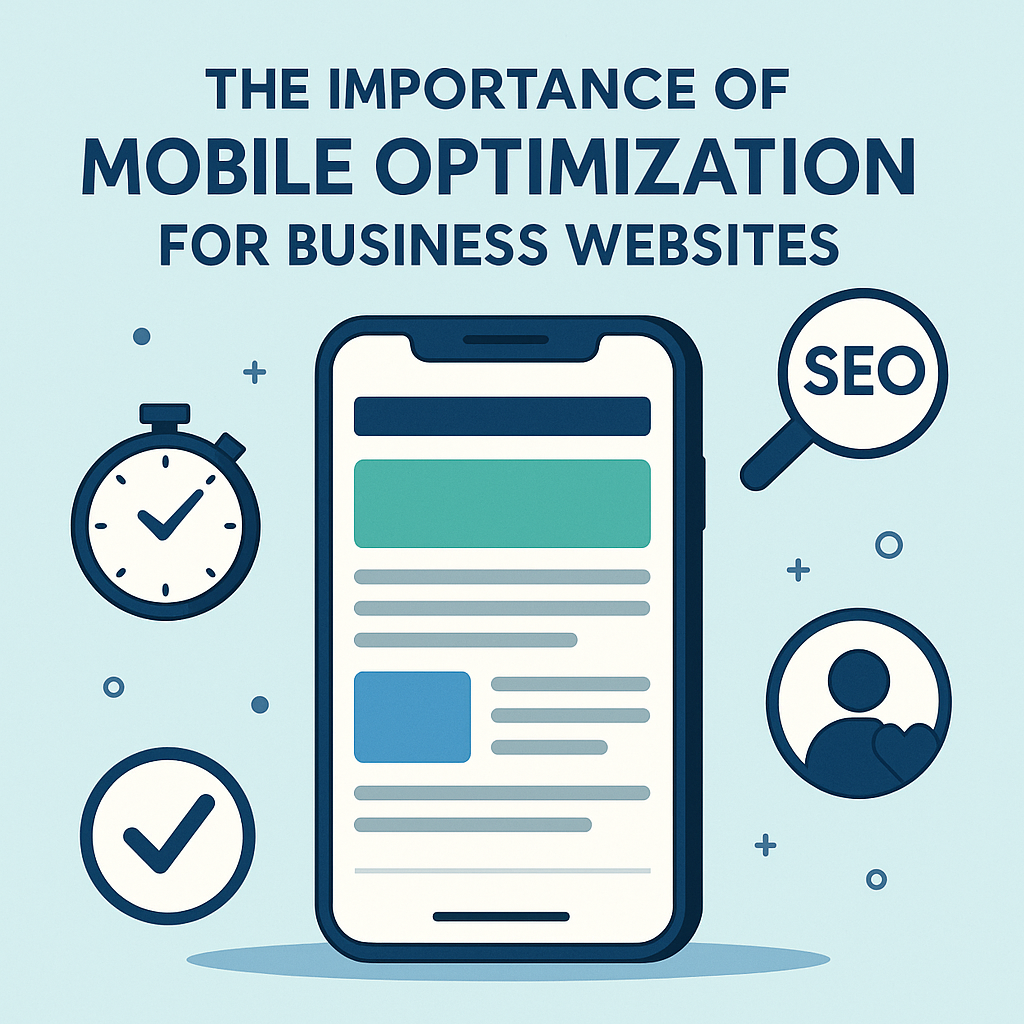In today’s digital-first world, terms like website, webpage, and homepage are often used interchangeably. However, these concepts are not the same, and misunderstanding them can affect how businesses, content creators, and individuals approach their online presence.
For business owners, knowing the difference helps in creating a strong online strategy. For content creators, it ensures effective content publishing and navigation. For the general public, it clarifies how the internet is structured and how information is accessed.
This guide will break down each term, highlight the differences, and explain why understanding them is crucial for your digital success.
What is a Website?
A website is a collection of interlinked digital documents (webpages) accessible through a single domain name (like www.example.com). It functions as an online hub that stores information, products, or services, and is hosted on a web server.
Key Characteristics of a Website:
- Domain Name – Every website has a unique address (e.g., ).
- Multiple Webpages – A website is made up of different webpages, such as About, Services, Blog, and Contact pages.
- Navigation System – Menus and links that allow users to move between pages.
- Content Management – Information presented in text, images, video, or audio formats.
- Purpose-Driven – Websites can be business sites, personal portfolios, e-commerce stores, news platforms, or entertainment portals.
Examples of Websites:
- Business Websites – Promote services and products.
- E-commerce Sites – Amazon, Jumia, or Konga.
- Educational Websites – Coursera or Udemy.
- News Sites – CNN, BBC, or Vanguard.
In summary, A website is a complete online platform, housing multiple interconnected webpages.
What is a Webpage?
A webpage is a single digital document within a website. Each webpage has its own unique URL and can be viewed independently, but remains part of the larger website.
Key Features of a Webpage:
- Unique URL – Example:
- Specific Content – A webpage usually focuses on one topic or purpose (like About Us or Services).
- HTML-based – Webpages are built using HTML and enhanced with CSS, JavaScript, and media.
- Part of a Website – A website can have hundreds or thousands of webpages.
Types of Webpages:
- Informational Page – About Us, FAQ, or Service pages.
- Blog Post Page – Articles or guides (like the one you’re reading now).
- Landing Page – Standalone pages designed for marketing campaigns.
- Contact Page – Contains forms, emails, and phone numbers.
In summary, A webpage is like one page in a book, while the website is the entire book.
What is a Homepage?
The homepage is the main entry point of a website. It’s the “front door” that introduces visitors to what the site offers. By default, the homepage loads when you enter the domain name (e.g., www.engrmks.com.ng).
Key Characteristics of a Homepage:
- First Impression – It’s the most visited page and defines the user experience.
- Navigation Hub – Provides links to other key sections of the website.
- Brand Identity – Displays the company’s logo, tagline, and unique value proposition.
- Overview of Services or Content – Summarises what the website is about.
- Call-to-Action (CTA) – Encourages visitors to take action (e.g., “Shop Now,” “Sign Up,” or “Learn More”).
Examples of Homepages:
- Corporate Homepage – Displays mission, services, and latest updates.
- E-commerce Homepage – Features product categories, deals, and promotions.
- Portfolio Homepage – Highlights creative works and personal achievements.
In summary: The homepage is one specific webpage—the starting point of a website—that helps users navigate deeper into the site.
Key Differences Between Website, Webpage, and Homepage
| Feature | Website | Webpage | Homepage |
|---|---|---|---|
| Definition | A collection of webpages under a domain | A single page within a website | The main entry page of a website |
| Scope | Broad (contains many webpages) | Narrow (one specific document) | Narrow (but the most important webpage) |
| Function | Entire online presence | Provides specific information | Introduces website & guides navigation |
| Access | www.example.com | www.example.com/about | www.example.com (default root page) |
| Importance | Defines digital identity | Focused on a specific purpose | Creates first impression & sets tone |
Why This Difference Matters for Business Owners and Creators
- SEO Strategy –
Understanding the distinction helps optimise your website structure, ensuring search engines can crawl your webpages effectively. A well-optimised homepage improves rankings and visibility. - User Experience (UX) –
A clear navigation from the homepage to webpages improves user flow and reduces bounce rates. - Content Planning –
Businesses can plan content distribution: homepage for brand identity, informational webpages for services, and blogs for organic traffic. - Brand Authority –
Professional websites establish credibility, while well-crafted webpages build trust by offering detailed insights.
Best Practices for Managing Websites, Webpages, and Homepages
1. For Websites:
- Use a reliable hosting provider for speed and uptime.
- Keep your website mobile-friendly and responsive.
- Regularly update security measures (SSL, firewalls).
- Organise content logically with menus and categories.
2. For Webpages:
- Optimise each webpage with unique SEO keywords.
- Use clear titles, headers (H1, H2, H3), and meta descriptions.
- Include visuals (images, videos, infographics) for engagement.
- Ensure fast loading times and mobile optimisation.
3. For Homepages:
- Keep design clean and professional.
- Highlight your unique selling proposition (USP).
- Use engaging CTAs to drive conversions.
- Display navigation menus prominently.
- Showcase trust signals like testimonials, client logos, or certifications.
Common Misconceptions About Websites, Webpages, and Homepages
- Misconception 1: A website is the same as a webpage.
- Reality: A webpage is part of a website.
- Misconception 2: The homepage contains all information.
- Reality: The homepage summarises and links to deeper content.
- Misconception 3: Having just a homepage is enough.
- Reality: A website needs multiple webpages to rank and serve users effectively.
Conclusion
Understanding the difference between a website, a webpage, and a homepage is essential for anyone building an online presence. A website is the entire platform, a webpage is a single unit of content, and the homepage is the main entry point.
For business owners, clarity in these concepts translates into better branding, higher SEO rankings, and improved customer experience. For content creators, it ensures structured publishing. And for the general public, it simplifies navigation and use of online resources.
By applying the best practices outlined here, you can create a professional, user-friendly, and search engine–optimised online presence that drives visibility, engagement, and growth.







